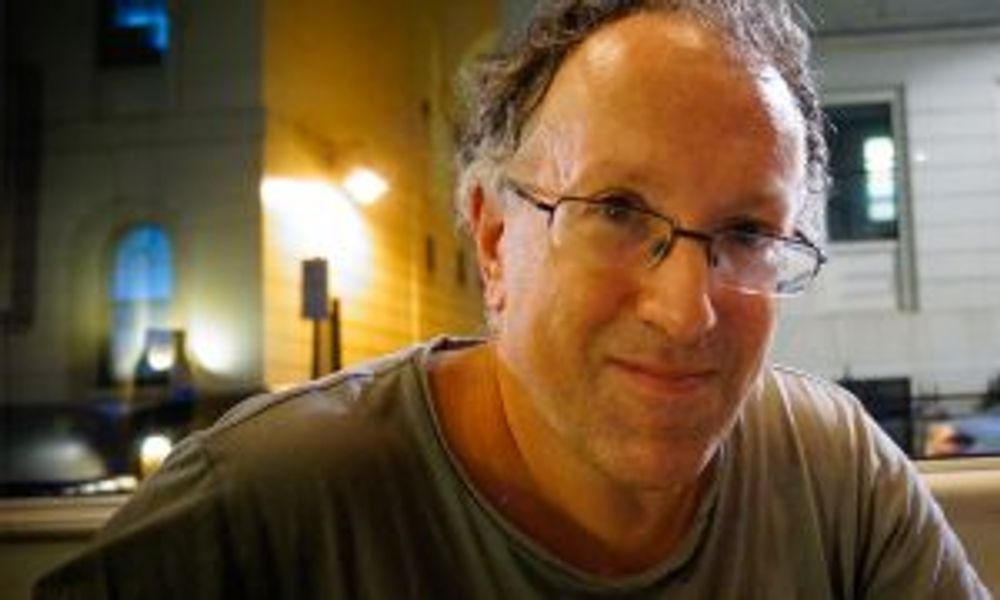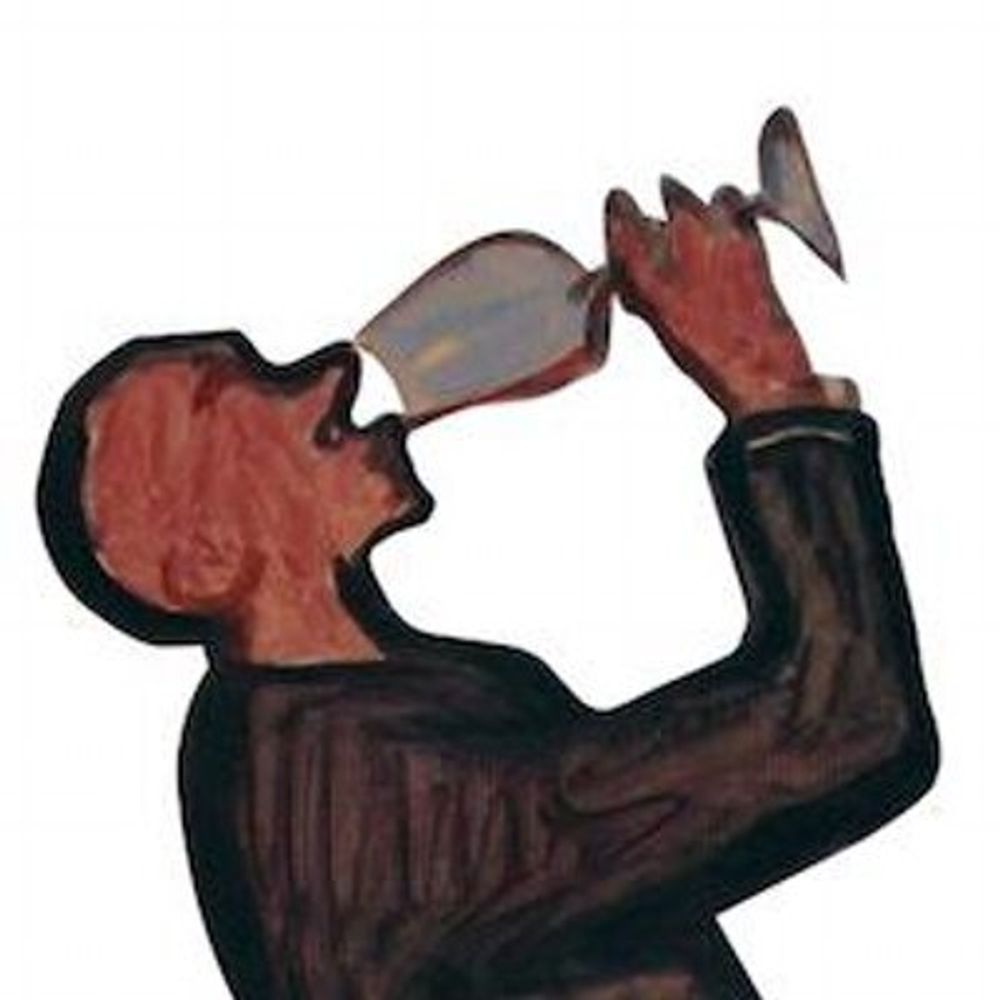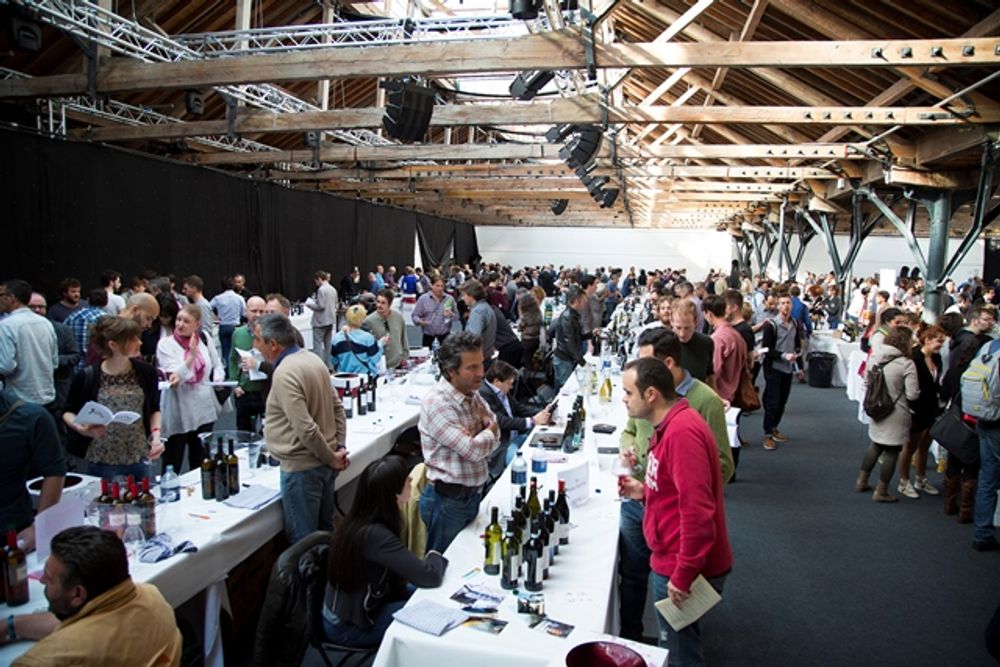Doug Wregg on how he hopes the Real Wine helps the wine trade to explore new ideas, meet different producers and offer more interesting wines to their customers, whatever channel they are in.

The basic idea behind the Real Wine Fair is to showcase and support growers who respect the environment, who seek alternatives to chemicals, who exalt terroir and expression of fruit, who cherish the culture and particularity of their regions and uphold local traditions of winemaking.
Variety is the spice of a good tasting with so many vignerons from different backgrounds bringing different experiences to their winemaking endeavours. From the oenologically-trained to the autodidacts, from those rooted in family and local traditions to outsiders unconstrained by convention and brimming with ideas and ideals. From farmers and former wine bar owners to engineers and musicians.
The Real Wine Fair sets up conversations – between growers and winemakers, between growers and trade, between growers and consumers. Because it’s good to learn what others think.
Challenging assumptions and provoking thought, the fair presents wines from individuals who work in a singular fashion and offers a different take on good and bad, right and wrong, technically correct and technically flawed. It proposes that boundaries are to be vaulted over, imagination is to be unlocked and possibilities are to be explored. And stimulates people to test their tasting – by asking questions, by opening themselves to the wines, by appreciating the artisan mentality and approach, by understanding ultimately that the primary purpose of these “real” wines is to yield real pleasure.
Changing big tastings
A further aim is to refresh the experience of the big tasting. Tastings, usually held in impersonal exhibition spaces, tend to be functional, suited-and-booted overly-serious affairs. The Real Wine Fair takes place in a relaxed environment, wherein people want to engage and be engaged. It is not simply about ticking boxes by ploughing through bottles for the sake of it, effectively tasting like an automaton. Here you can pace yourself, dip in and out, take a break and drink some great coffee, eat splendid food, meet like-minded people, go to seminars, do business, buy the wine you like to drink, and even go to dinner with the growers. This is a joined-up friendly tasting respecting the needs of the visitors and the growers.

Here you can pace yourself, dip in and out, take a break and drink some great coffee, eat splendid food, meet like-minded people, go to seminars, do business, buy the wine you like to drink, and even go to dinner with the growers. This is a joined-up friendly tasting respecting the needs of the visitors and the growers.
Artisan fairs convey the feel-good factor about wine. Being avowedly non-commercial, non-partisan and thoroughly grassroots’ events – where trade and customers mingle – they generate an undeniably positive atmosphere.
The fair itself furthermore is a perennial event, an ongoing celebration of artisan wine punctuated by growers’ visits, lunches & dinners, masterclasses, blog and magazine articles and, of course, reaches its apex during “The Real Wine Month”, where the wines are promoted in around 300 on- and off-trade establishments throughout the UK. The success of The Real Wine Fair is not confined to the numbers on the door over a couple of days, but concerns its continuing impact on wine culture and the way it has inspired (and continues to inspire) drinkers to travel in new taste directions. The increase in the number of bars and restaurants specialising in these wines is
The success of The Real Wine Fair is not confined to the numbers on the door over a couple of days, but concerns its continuing impact on wine culture and the way it has inspired (and continues to inspire) drinkers to travel in new taste directions. The increase in the number of bars and restaurants specialising in these wines is commercial testament to this.
Record year

As well as its wines the Real Wine Fair wants to change the way big tastings are organised
The 2016 Fair was the most successful version of this event so far. Record numbers of trade and public attended including visitors from as far afield as Japan, USA, Australia and South Africa. There were growers from 17 countries, including over 60 making their debut at the fair, and 10 restaurants on-site cooking up a storm from their street food stalls. The pop-up wine shop sold a record amount of wine over the two days.
Both the tangibles and the intangibles make such an event successful – from the quality of the venue, meticulous organisation and attention to detail, the friendly and efficient reception at the door, an easy-to-navigate informative catalogue. Through to the quality of the wines themselves and then including the very mood and the palpable energy of the fair-goers and participants.
We can take the words of French philosopher, Jean de la Bruyère, as inspiration: “Taking the words Science is for hypothetical nature, but it has become dogma; perfection is death, imperfection is art; the authenticity of the craftsman is known by his work and his imperfections”.
The Real Wine Fair might be described as the counsel of imperfection and the celebration of artisanship. It is certainly a kaleidoscope of colours, smells, taste sensations, laughter, seriousness, puzzlement, engagement and constant exchange.
The health of a wine culture can only be felt on these very pulses.






























